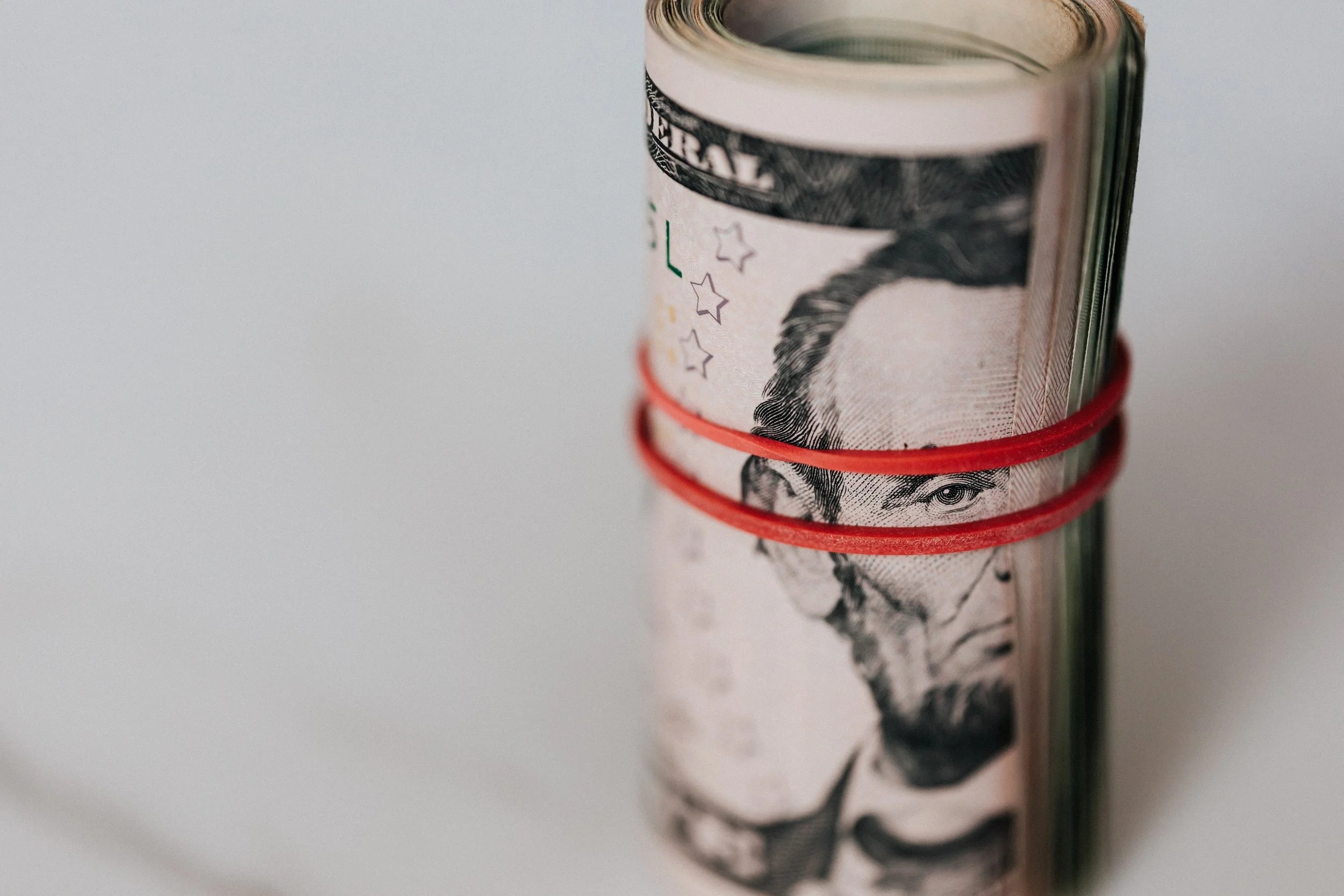Why it may be a problem that you hate the thought of being poor
By Mark A. Taylor
Tucked into my news feed Tuesday morning was an item to illustrate how we’re fascinated with wealth.
“Think 2021 was bad?” asks a CNN business report. “Not for Rolls-Royce, Bentley and Lamborghini.” The article reported that all three carmakers reported record sales last year and added, “If sales of ultra-luxury cars are any indication, the super rich are doing just fine.” And what constitutes “super-rich”? Someone who can afford the $455,000 Rolls-Royce Phantom or the $200,000 Bentley Flying Spur mentioned in the article. Younger buyers are going for the Rolls-Royce Ghost sedan, the report continued. “With a starting price just over $300,000, it’s considered to be a more practical and affordable alternative.”
How many readers of this blog pay amounts like those for their whole house, let alone something to park in the garage? Practical and affordable, indeed! But CNN editors know readers enjoy drooling over that kind of spending. Wealth is good, they believe. No one’s writing articles about the $3,000 banger you bought for your teenager to drive to school.
The label no one wants
But even if we roll our eyes at the lifestyles of the world’s billionaires, none of us wants to be poor. To our way of thinking, poverty is bad. In fact, many in the middle class, including many middle-class Christians, look down on the poor, as though their poverty is their fault. Even those who lead agencies to help the under-resourced speak of “those living in poverty,” never simply “the poor,” because “poor” is a label no one wants to wear.
So some can’t fully grasp what Jesus meant when he said, “Blessed are the poor in spirit.” Even though elsewhere Jesus expressed concern for those living in material poverty, here he’s talking about something different than money. Peterson’s paraphrase in The Message helps us understand: “You’re blessed when you’re at the end of your rope. With less of you there is more of God and his rule.”
A condition too few admit
But how many of us are really willing to dangle there, at the end of our rope? How readily will we seek a state of spiritual poverty? We who make every effort on Instagram and Facebook to appear confident and in control, we who have our retirements funded and our vacations planned, we who are good people and pretty pleased with ourselves—are we ready to stand before God and agree we really have nothing to offer him?
Although Jesus was talking here about so much more than finances, money might be a good place to start our thinking about this issue. How much do we define our own self-worth, how often do we gauge our own success, by looking at bank balances? Can we encounter those in poverty without feeling at least subtly superior to them? If we see poverty as a situation to be avoided at all costs, how will we pursue poverty in our own spirits?
Please forgive me if I’ve judged others by myself. Some readers have surely grown beyond me in this regard. But I must admit I’ve spent most of my life working to avoid poverty. I moved out of one neighborhood, I’m ashamed to say, because I was afraid a “lower class” of neighbors was going to erode property values and undermine my standard of living. Later, after my wife went to work and I received salary increases, I spent untold hours thinking about money, checking investments, and fretting about retirement. In ways I never stopped to consider, earning money too often was an end in itself, not a means to fulfill higher purposes.
The path to what everyone needs
I’m afraid this aversion to poverty has bled over into my relationship with God. Only as I’ve grown older have I come to see the truth about my Christian service, Bible reading, prayer, giving, good deeds, or kind words. As I’ve worked to create something I thought looked pretty good, I’ve lived in denial about the Bible’s blunt assessment that all my righteousness is like filthy rags (Isaiah 64:6 KJV). Even now it’s hard for me to understand I’m not earning favor with God by trying to obey him—or losing his love when I fail.
I’ve lived in denial about the Bible’s blunt assessment that all my righteousness is like filthy rags.
I’m only beginning to see that every step on the performance treadmill is an effort to escape poverty. But that is a fruitless journey. William Barclay wrote, “We can only do God’s will when we realize our own utter helplessness, our own utter ignorance, our own utter inability to cope with life, and when we put our whole trust in God.” Then, only then, have we just begun the path to peace and joy Jesus outlines in the rest of the Beatitudes.
The end result is what Jesus promised, to inhabit the very kingdom of Heaven. Perhaps we should imagine a simple sign beside the entrance: “Only the poor can enter here.”
I participate in a small weekly Bible study where we’re just beginning a study of the Beatitudes.
I’m hoping readers will be patient with me as I use this platform over the next couple of months
to help myself sort out my thinking about each one.
Photos by Joe Darams on Unsplash and by Karolina Grabowska from Pexels
To receive daily posts delivered directly to your inbox, complete the form at the bottom of our home page.
To download a printable version of today’s post, click here.


